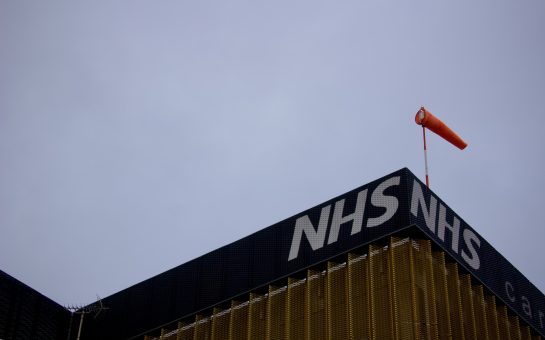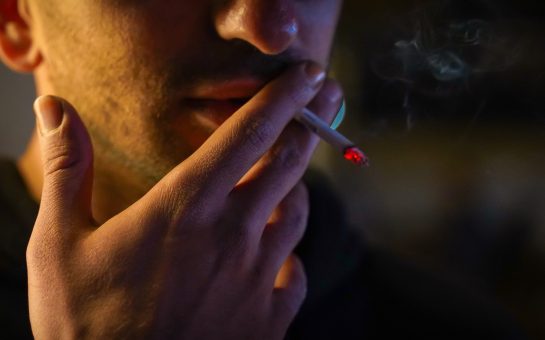The University of Manchester Students’ Union are looking into starting up an on-campus student support group with Alcoholics Anonymous.
The union are researching the potential for a group with AA that would aim to provide a safe environment where Manchester students can talk about their experiences.
The union’s wellbeing officer, Lucy Hallam, told MM that the union are looking into expanding their services due to a noted rise in drink-related problems.
“Support services on campus have noted a rise in the number of students experiencing alcohol-related issues,” she said.
“I am currently working with Alcoholics Anonymous to research the potential for starting a student specific peer support group, with regular meetings held here on campus.”
Manchester made national headlines this week as police and paramedics were called to the Deansgate Locks as the infamous pub crawl Carnage got out of hand.
A handful of the 2000 party-goers were handcuffed after a scuffle and one woman was taken to Manchester Royal Infirmary after being found unconscious, but no arrests were made.
The narrative surrounding students and alcohol in recent years has been a mixed one, with accounts of young peoples’ habits growing towards either end of the spectrum.
The number of young people in the UK going teetotal is growing and the percentage of 16-24 year-olds who do not drink at all is now equal to that of over-65s.
The Health and Social Care Information Centre also found that young adults were mainly responsible for the decrease in adult binge-drinking, with the proportion of binge-drinkers falling by more than a third.
However, according to a 2014 World Health Organisation report, Britain is still among the worst countries in the world for binge drinking with the North West suffering a particularly negative reputation with the third highest prevalence of regional binge drinking in the UK.
Research shows that young people are more likely to drink heavily on single occasions than any other age group.
Alcohol-related hospital admissions of 15 to 24-year-old females increased by 76% from 15,233 in 2002 to 26,908 in 2010, a much faster rate than the same figure for males.
But given there are more female students at university than male, and as university is the prominent promoter of binge-drinking culture, these results correlate.
The union’s talks are in the early stages but Lucy says there are other options for students.
“This group would look to enhance the wellbeing services that we already offer to our students,” she said.
“We at the Students’ Union already work hard to meet the needs of our diverse student population, and run a variety of alcohol free events throughout the year such as coffee crawls to cater for students who chose not to drink alcohol.
“Our Advice Service is of course available to discuss any issues students may be having, as well as the University’s Counselling Service and the various open meetings in the Manchester area.”



